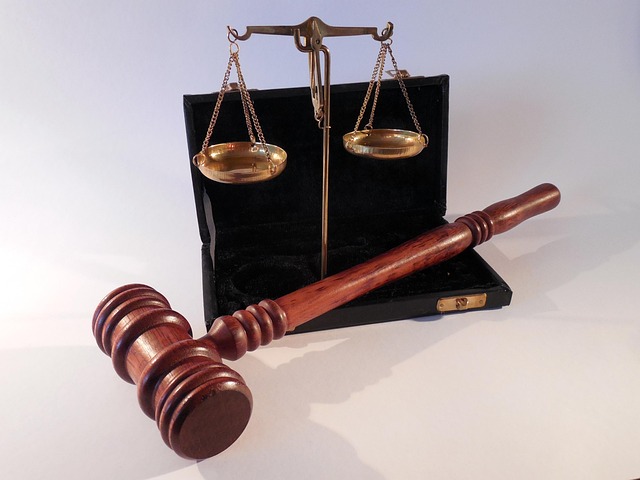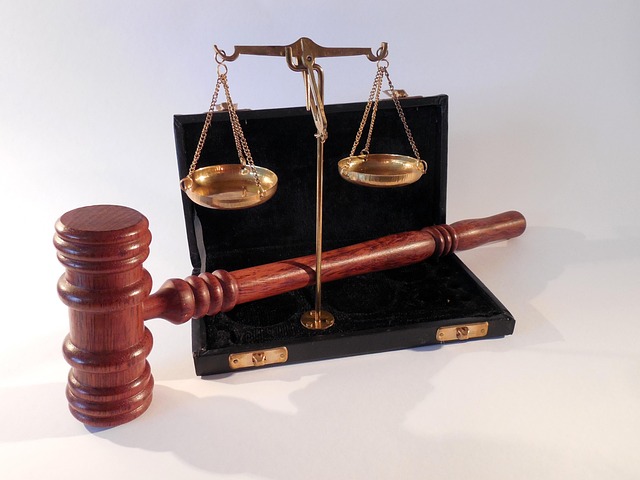RF Regulatory Agency (RFRA) investigations are vital for ensuring compliance with RF standards and addressing violations, from unauthorized transmissions to safety issues. These inquiries adhere to strict protocols to protect Due Process Rights in Criminal Trials for all involved, balancing thorough investigation with fairness. Evidence is key, requiring meticulous documentation; accused entities enjoy these rights through legal representation that navigates complex regulations. Post-investigation, businesses face crucial decisions, navigating legal processes while preserving Due Process Rights in Criminal Trials to mitigate potential fines or license revocations through strategic appeals.
“Uncover the intricacies of RF Regulatory Agency Investigations with our comprehensive guide. This article provides a detailed look at every step, from understanding the process to post-investigation outcomes. We explore critical aspects such as due process rights, ensuring individuals are protected during these inquiries. Learn how evidence and legal representation shape investigations, and navigate the consequences and appeals phases. Discover essential knowledge for those seeking clarity in this regulatory landscape, with a focus on upholding Due Process Rights in Criminal Trials.”
- Understanding RF Regulatory Agency Investigations: A Comprehensive Overview
- Due Process Rights: Protecting Individuals During Investigations
- The Role of Evidence and Legal Representation in RF Investigations
- Navigating the Post-Investigation Phase: Consequences and Appeals
Understanding RF Regulatory Agency Investigations: A Comprehensive Overview

RF Regulatory Agency Investigations play a pivotal role in ensuring compliance with radio frequency (RF) standards and regulations. These inquiries are triggered by suspected violations, ranging from unauthorized transmissions to equipment safety concerns. The process involves thorough examinations of devices, networks, and operational procedures, often employing advanced technical expertise. Understanding the dynamics is crucial for entities operating within the RF spectrum.
The investigations adhere to strict protocols, prioritizing due process rights in criminal trials. This ensures fairness and protects the interests of all involved, especially in cases of white-collar and economic crimes. The outcomes can significantly impact businesses, from securing licenses and penalties to shaping future regulatory frameworks. Moreover, successful winning challenging defense verdicts demonstrates the importance of robust legal representation and a comprehensive understanding of both technical and legal aspects within the philanthropic and political communities.
Due Process Rights: Protecting Individuals During Investigations

During RF Regulatory Agency investigations, protecting individuals’ Due Process Rights is paramount to ensure fairness. This means that both corporate and individual clients must be afforded the right to be heard, to present evidence, and to confront their accusers. It’s a delicate balance, especially in navigating complex legal landscapes where philanthropic and political communities may also be involved. The agency must uphold these rights while conducting thorough inquiries into potential violations, ensuring that the respective business interests are protected without bias or prejudice.
The Due Process Rights in criminal trials extend to RF investigations, guaranteeing that every person under scrutiny has the opportunity to defend themselves against allegations. This involves providing clear notices of accusations, allowing for legal representation, and giving individuals the chance to review evidence used against them. It’s a fundamental aspect of our justice system, ensuring that no one is wrongfully accused or punished, fostering trust in regulatory bodies and upholding the integrity of their processes.
The Role of Evidence and Legal Representation in RF Investigations

In RF Regulatory Agency Investigations, evidence plays a pivotal role. The process demands thorough documentation and preservation of facts to ensure fairness and transparency. Accused individuals or entities have Due Process Rights in Criminal Trials, safeguarding them from arbitrary decisions. Legal representation is crucial during these inquiries; attorneys help navigate complex regulatory frameworks and protect the rights of their clients. Effective counsel ensures that all evidence is properly challenged or leveraged, balancing the scales for a just outcome.
The presence of legal professionals also safeguards against potential biases. They guide investigations, ensuring that procedures are followed accurately. This is especially important in cases involving philanthropic and political communities, where misunderstandings can lead to the complete dismissal of all charges. Respecting due process is not just about individual rights; it fosters trust among respective businesses and regulatory bodies, strengthening the integrity of the system as a whole.
Navigating the Post-Investigation Phase: Consequences and Appeals

After an RF Regulatory Agency investigation concludes, the respective business faces a critical phase where the consequences and potential appeals are determined. This period is pivotal as it decides the fate of the organization, its operations, and reputation. The post-investigation phase involves a careful navigation through legal processes, ensuring that all Due Process Rights in criminal trials are upheld.
Businesses must be prepared to address any penalties or sanctions imposed by the regulatory body, which could range from fines to license revocations. An appeal process is typically available, allowing companies to present their case and challenge the investigation’s findings. Achieving extraordinary results in these appeals requires robust legal representation and a strategic approach to gather evidence that supports the respective business’s position, ultimately aiming for a favorable outcome.
RF Regulatory Agency investigations, while crucial for maintaining industry standards, must balance efficiency with due process. Understanding one’s rights, especially regarding evidence and legal representation, is paramount during these inquiries. The post-investigation phase offers avenues for appeals, ensuring fairness in what can be a complex and significant process. Remember that, in navigating these procedures, individuals have the right to protect their interests and ensure justice, much like due process rights are upheld in criminal trials.






